

.png)
The small country of 2.6 million between Ukraine and Romania has been under heavy pressure from Russia. More than half voted for the party that is committed to closer ties with Western Europe.

Evangelicals submit a report to the UN Human Rights Council, denouncing “cases of abuse of religious freedom, political rights and racism” in Bulgaria.
.jpg)
On the weekend of the elections, two prayer meetings led by young people distanced themselves from any political option: ‘We dream of a prayer movement that will transform the country’.
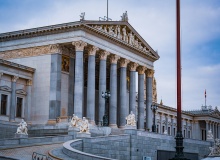
Five months after the election, the Austrian Evangelical Alliance says citizens “have the feeling that they are becoming increasingly voiceless”.
.jpg)
An 83% turnout demonstrates the strength of a democracy that will have to get used to having the far right as a protagonist in parliament.
.jpg)
Ahead of Sunday’s elections, the Protestant, Catholic and other churches ask to “vote for parties that stand up for our democracy”. Alice Weidel’s AfD party rises in the polls amid tough immigration debates.
.jpg)
The annulment of the presidential election won by the pro-Russian candidate leads to protests and uncertainty. An interview with Daniel Fărcaș, evangelical professor of philosophy.
Cropped(1).jpg)
Ahead of February's elections in Germany, Frank Heinrich of the Evangelical Alliance explains to Evangelical Focus why a Christian vision introduces nuance into the overall tension and uncertainty.
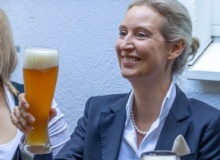
The 23 February election could turn frustration into a historic rise of the far right. A journalist points to the importance of “acknowledge other opinions and not immediately condemn them”.
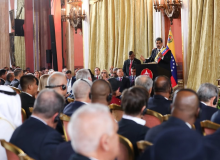
He compared himself to the biblical King David, without mentioning God or Jesus at any point in the ceremony, which was opposed in the streets by thousands.
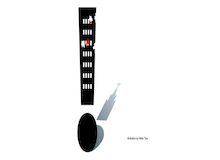
Let us continue to pray for more ‘moments of grace’, and a just and lasting end to this war.

We join up the dots of life around us to create our own narratives, to explain the realities that we perceive.
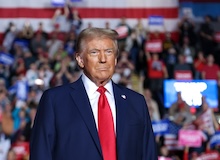
The Republican candidate gets a clear victory over Kamala Harris.
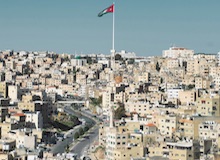
The country held parliamentary elections in September. The Islamic Action Front party won 31 seats, the largest number of seats for a party in parliament.
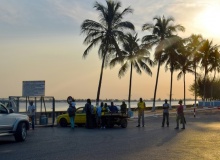
The southeast African country held its seventh elections. A missionary and a pastor address the challenges of an increasingly dissatisfied population. While jihadism grows stronger in the north, churches are growing in the south.
.jpg)
“Pray that what is really in the hearts of the individual candidates is revealed”, says Oliver Stozek, leader of the Austrian Evangelical Alliance.
.jpg)
The first-ever victory of the far-right AfD comes in a context of growing divisions between how people in the east and the west of the country perceive society.
.png)
Protesters denounce “fraud” in the streets and the opposition candidate claims to have proof that he won the elections by a landslide. Maduro cuts relations with seven Latin American countries as he vows to “defeat the violent”.
.png)
The initial “prayers” lead to a deeper reflection on polarisation in the public space, hatred, and the need for a biblical vision to change the direction of the country.
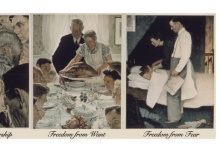
The instinct to withdraw into isolationism and nationalism is understandable, yet it plays into the hands of authoritarian, anti-democratic forces.
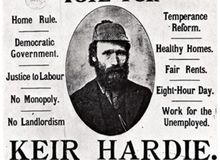
Keir Starmer’s parents reportedly named him after Keir Hardie, the radical Christian co-founder of the Labour Party. Unlike Hardie, the new UK prime minister belongs to the 37% of Brits who tick the ‘no religion’ box.
.jpg)
According to a survey, 42% of evangelicals planned to vote for Labour, which won a landslide victory. The EAUK “prays Psalm 72” for Keir Starmer, the next prime minister.
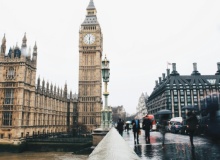
Ahead of the election of 4 July, a survey conducted by the Evangelical Alliance United Kingdom found that 93% of evangelicals would like to see more Christians engaged in politics.
.jpg)
Evangelicals say elected representatives must be respected but “postures of hatred, invective rejected”. The RN says it will prioritise security and immigration restrictions.
.jpg)
Some will likely stick with him as a “known quantity” but his push to further regulate churches and legalize euthanasia have shocked and alienated many Christians.

Las opiniones vertidas por nuestros colaboradores se realizan a nivel personal, pudiendo coincidir o no con la postura de la dirección de Protestante Digital.